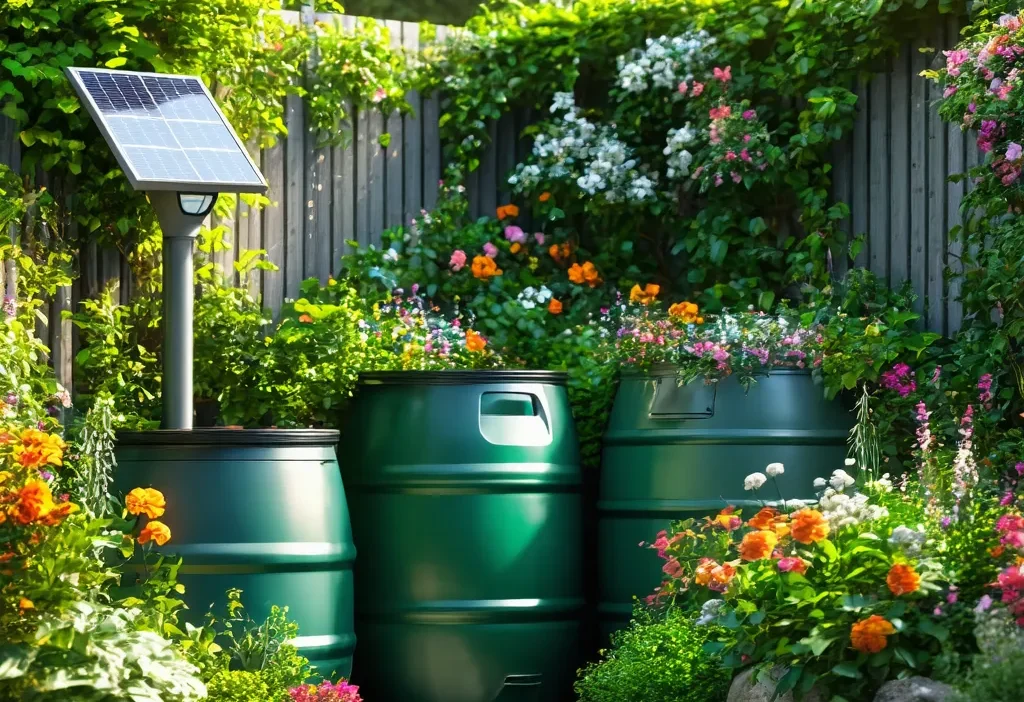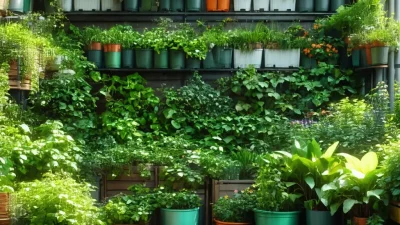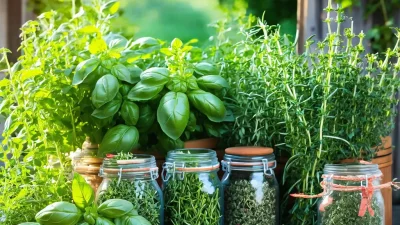Transform Your Garden into a Sustainable Oasis
Gardening is more than just planting flowers and vegetables; it’s about creating a harmonious space that benefits both you and the environment. Sustainable gardening practices are gaining popularity as people become more conscious of their impact on the planet. In this blog, we’ll explore how you can transform your garden into an eco-friendly haven that supports biodiversity, conserves resources, and promotes healthy living.
Why Choose Sustainable Gardening?
Sustainable gardening isn’t just a trend—it’s a necessity for our planet. By adopting eco-friendly practices, you can reduce waste, conserve water, and minimize the use of harmful chemicals. Here are some compelling reasons to make the switch:
- Environmental Protection: Sustainable methods protect soil health, water quality, and local wildlife.
- Cost Efficiency: Over time, sustainable practices can save money on water bills and reduce the need for synthetic fertilizers.
- Biodiversity Support: Attracting pollinators like bees and butterflies helps maintain a balanced ecosystem.
Key Practices for Sustainable Gardening
To create an eco-friendly garden, start with these essential practices:
- Composting: Turn kitchen scraps and yard waste into nutrient-rich compost. This reduces landfill waste and enriches your soil.
- Natural Pest Control: Use companion planting, beneficial insects, or organic sprays to manage pests without harming the environment.
- Water Conservation
Install rain barrels or use drip irrigation systems to save water and reduce runoff.
Selecting Native Plants
Tips from Experts: “Choose plants that thrive in your USDA hardiness zone to ensure they survive and flourish without extra care.”
Eco-Friendly Tools and Materials
Did You Know? Reusing household items like eggshells or coffee grounds as garden amendments can reduce waste and provide essential nutrients to your plants.
Tips for Maximizing Your Garden’s Potential
- Rotating Crops: This prevents soil depletion and reduces the risk of pests and diseases.
- Growing Vegetables: Planting edibles like tomatoes or beans can provide fresh, organic produce for your family.
- Attracting Pollinators: Include flowers rich in nectar to support bees and butterflies, which are vital for pollination.





